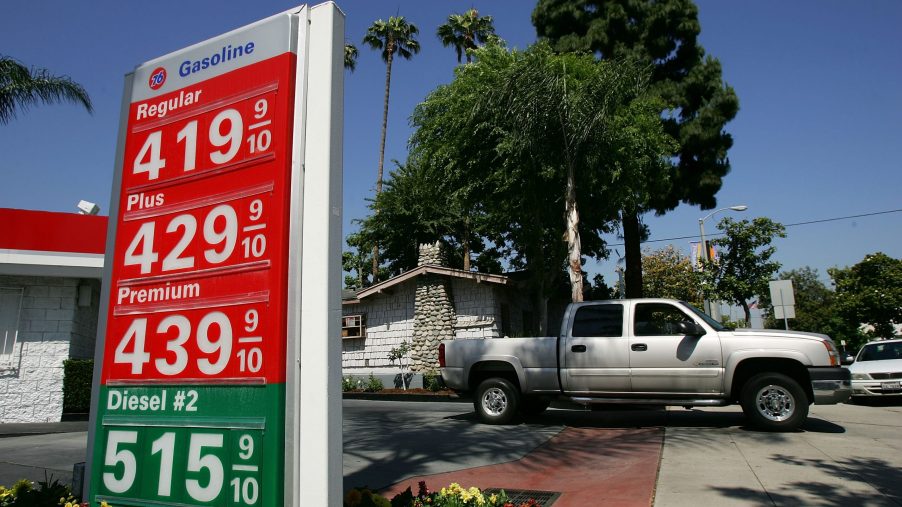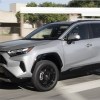
Why Do People Love Diesel Trucks So Much?
It’s one of the most important questions for truck shoppers: does it come with a diesel option? Diesel engines were once thought to be loud and smoke-spewing environmental nightmares, but that’s not the case anymore. When it comes to trucks, diesel engines are also superior to gas engines in many ways according to Diesel Power Gear.
How do gas and diesel engines work?
Both engines use an internal combustion process to make energy, but the diesel engine uses a different method. During intake, a gas engine lets in both air and fuel, but the diesel engine only allows air inside the chamber. Fuel gets injected later.
The gas engine’s compression has to be lower to prevent its temperature from rising too quickly and potentially causing pre-ignition. Because the diesel engine only contains air initially, this allows its compression to be higher and create more energy. This also eliminates the diesel engine’s need for spark plugs found on gas-operated engines.
Instead, diesel engines come with glow plugs. Without the added heat of the glow plugs, the diesel engine wouldn’t be able to start in freezing weather. However, these components also drain more of the engine’s power, so a diesel engine comes with two batteries.
Are diesel trucks better than gas-operated ones?
Diesel engines can be 35% more efficient than standard gasoline engines, according to Engergy.gov. This is because diesel is naturally more energy-dense, so you get more power than you would from a tank of gas.
Larger cars are also generally worse on gas because the engine needs to work harder to keep the car running. Diesel is better suited for trucks that have to burn more fuel due to the heavy loads they carry. Better gas mileage also means fewer fill-ups as you’re transporting loads between job sites.
Since diesel engines have fewer internal components than a gas option, this also means they’ll require less maintenance. A diesel engine will probably last longer than a gas-operated engine and could save you some expensive repairs. The Cummins diesel engine, which powers heavy-duty Ram trucks, has one of the best reputations for reliability.
The technology behind diesel engines is also constantly changing for the better. Diesel engines are no longer too loud or heavy, plus they don’t produce black clouds of smoke.
Although NOx emissions are still high, newer diesel engines actually produce lower levels of carbon monoxide than a gas-operated engine.
Truck drivers also appreciate diesel engines because the torque is more readily available compared to a gas motor. With more torque directed to the driveshaft, the truck will be able to tow more and drive faster. The truck’s speed is also aided by the standard turbo power in diesel engines.
It’s true that gas-powered engines typically produce more horsepower than a diesel truck. However, that doesn’t tell the complete story when it comes to overall power, especially in the towing department.
The power supplied by the low-end torque allows the engine to pull heavier loads at steady speeds without overworking itself.
Why some drivers might hesitate to get a diesel engine
While prices can vary depending on your region, diesel fuel is usually more expensive than gasoline. Diesel fuel is subject to extra taxes, making it six cents more per gallon. The U.S. Energy Information Administration also contributes the high cost of diesel to increased demand across the world.
Also, certain types of fuel like black diesel or palm oil biodiesel could wear the engine down over time. Automakers also usually only offer a diesel motor as optional equipment, so it’s the costlier engine up-front. However, as long as you fill up with quality diesel, diesel trucks are usually the better option.



